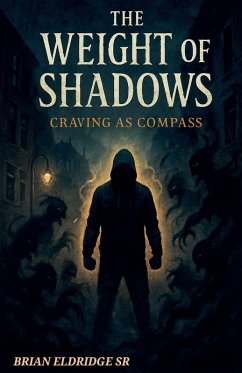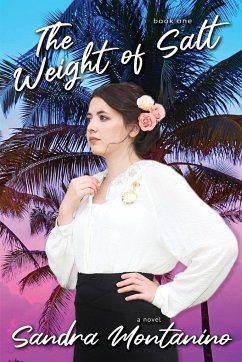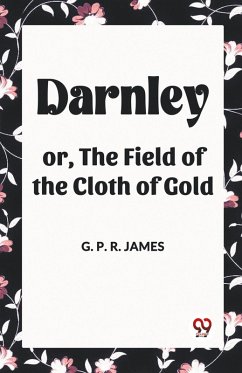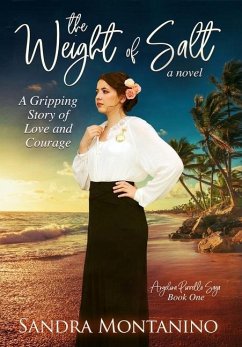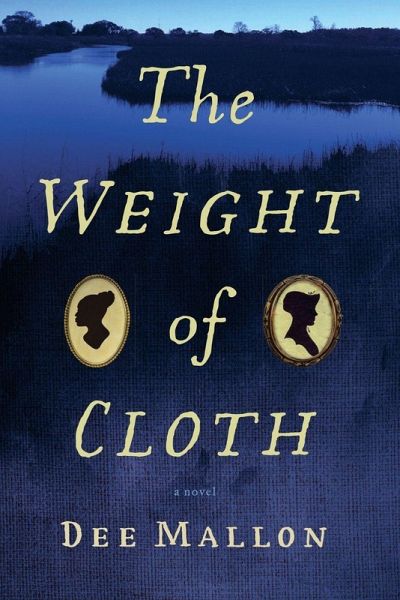
The Weight of Cloth
A Novel

PAYBACK Punkte
9 °P sammeln!
SOUTH CAROLINA. Mid-1700's. Four narrators: one privileged, three enslaved. When Eliza is just sixteen, her father departs for the West Indies leaving her in charge of three heavily mortgaged plantations. Her authority will be challenged, including by her mother. A second epidemic erupts and a slave rebellion sweeps the countryside, upending assumptions about safety and order. Can Eliza survive and bring a profitable indigo crop to market? Can she hold out for love rather than settle for a marriage of convenience? Melody, also sixteen, fights against the constraints of slavery with small rebel...
SOUTH CAROLINA. Mid-1700's. Four narrators: one privileged, three enslaved. When Eliza is just sixteen, her father departs for the West Indies leaving her in charge of three heavily mortgaged plantations. Her authority will be challenged, including by her mother. A second epidemic erupts and a slave rebellion sweeps the countryside, upending assumptions about safety and order. Can Eliza survive and bring a profitable indigo crop to market? Can she hold out for love rather than settle for a marriage of convenience? Melody, also sixteen, fights against the constraints of slavery with small rebellions. Her most subversive act? Teaching her sons to read. Will freedom lay down a path near enough for it to matter? July sews like a Parisian couturier, but her defensive pride crumbles when two boys die of the pox. She cries out to the Ancestors for wisdom. Saffron and her daughter, Maggie, are bewildered and traumatized by the harrowing voyage from Africa. Saffron calls upon her innate gift of language to make sense of things, but Maggie's nearly catatonic. Meanwhile, the plantation's best hunter, Indian Pete, catches Saffron's eye and she wonders if love can exist in such a place. His knowledge of the landscape holds the key to a daring opportunity that could change Saffron and Maggie's fate forever. The Weight of Cloth offers an unflinching view of history through facts gleaned from the letters of Eliza Lucas Pinckney and extensive research. In spite of the relentless degradation of slavery, the story speaks to the power of resistance and love and highlights both small and large acts of courage. These characters and their stories will stay with you long after you finish the last page.







